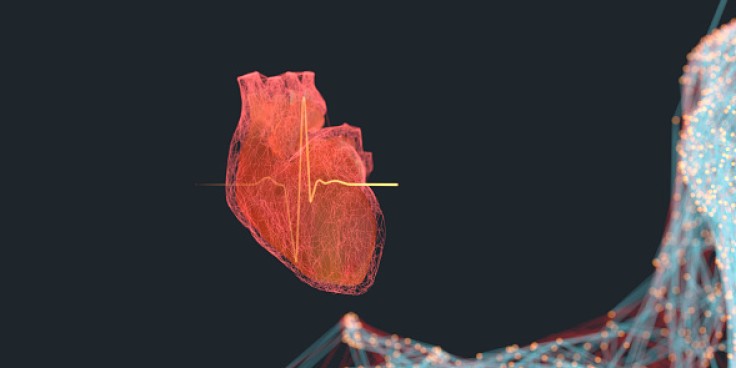You've probably seen AI be applied to many other aspects of various industries. The medical sector is just among the rest that's taking advantage of its capabilities, and now, it could help determine what the best medical decision is for heart surgeries.

Using AI to Make Treatment Decisions
Technology in medical care has come a long way, to the point that we now have surgery that can clear a clogged artery. Called a percutaneous coronary intervention, or PCI, a catheter or stent is placed within the artery to restore blood flow to the heart.
Just like other surgical procedures, it comes with risks, some of which can be major depending on the situation. With the AI tool, healthcare professionals can make a more informed decision on whether or not PCI is the best option for the patient.
Using an algorithm called XGBoost, the AI can include several factors including age, blood pressure, cholesterol levels, and a couple more others to calculate whether it would be worth the risk, as detailed by Interesting Engineering.
The tool was developed over time by testing it on previous cases from 100,000 patients who had the same surgery between 2018 to 2021. It was found that the AI tool fared better than other models when it came to procedure outcomes.
The senior author of the study and an interim chief medical officer, Hitinder Gurm explained that they combined the predictive model with patient feedback from the PCI Patient Advisory Council "to transform machine learning into this patient-centered, individualized risk prediction tool."
Cardiology-critical care fellow Dr. David E. Hamilton even said that with the widespread use of smartphones and the storing of medical records electronically, it's possible that such an AI tool that provides computerized risk scores could be integrated into electronic health systems.
This could make it easier for doctors, other health practitioners, and even patients to access the necessary data to make an informed decision. With the current technological advancements now, this can be made possible.
AI Replacing Healthcare Professionals
As for AI replacing medical jobs, that's something we don't have to worry about just yet. Calculating risks is still just a minor advantage compared to trained and practicing doctors in the medical field. In fact, AI still has a long way to go before it becomes completely reliable.
While the AI tool for PCI surgery serves as a win, there are still other branches of medicine in which AI does not excel. ChatGPT, for instance, still has an 83% error rate when it comes to pediatric cases showing just how much work it still needs.
As per Ars Technica, the previous model from OpenAI has also been used and saw a 39% accuracy rate, but got worse once the researchers tapped into GPT-4. The AI model failed to include other factors that differentiate younger patients from adult patients.
For example, adults can be more vocal about the symptoms they are experiencing and can describe the pain they feel, while children might not be able to do so, even failing to disclose the pain they're feeling.









